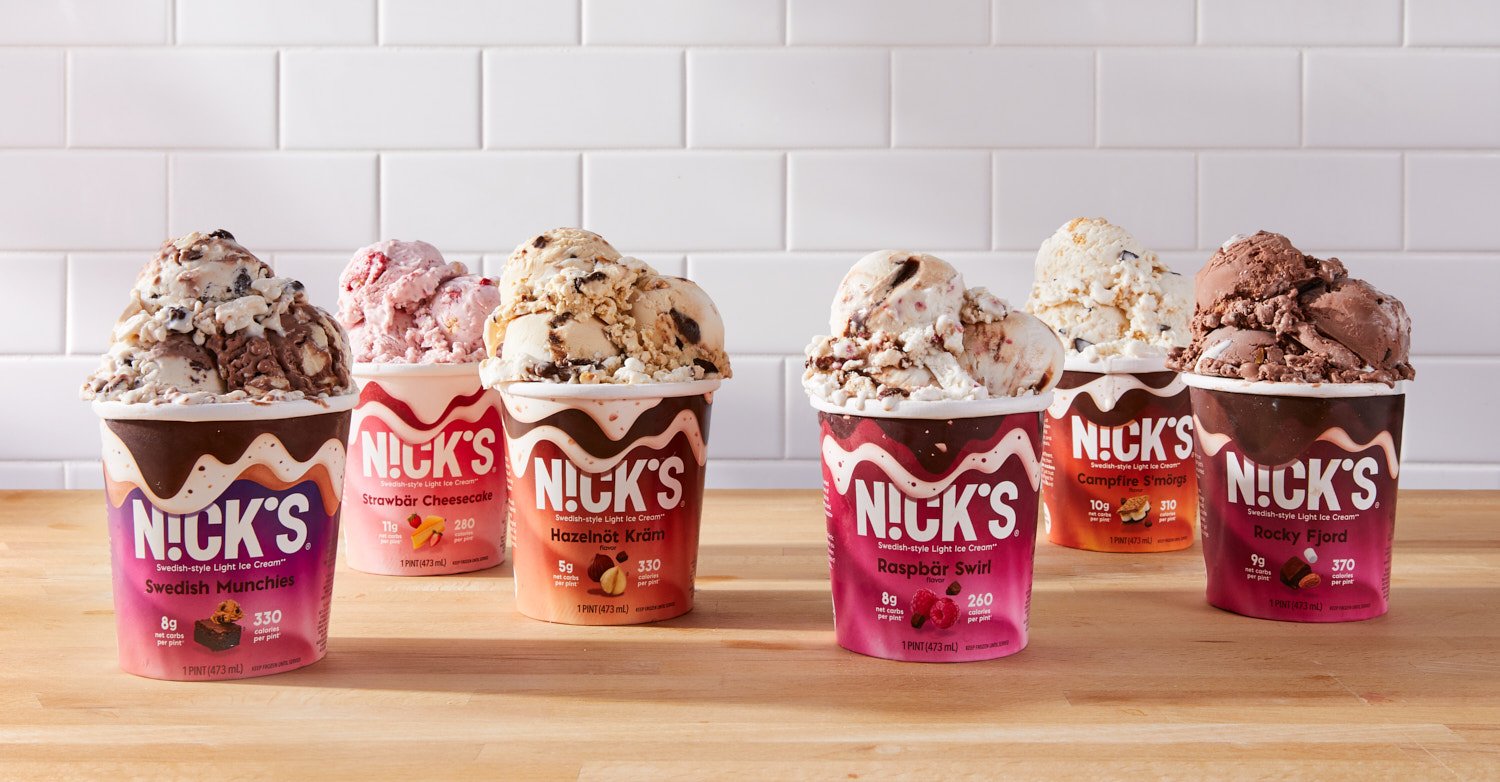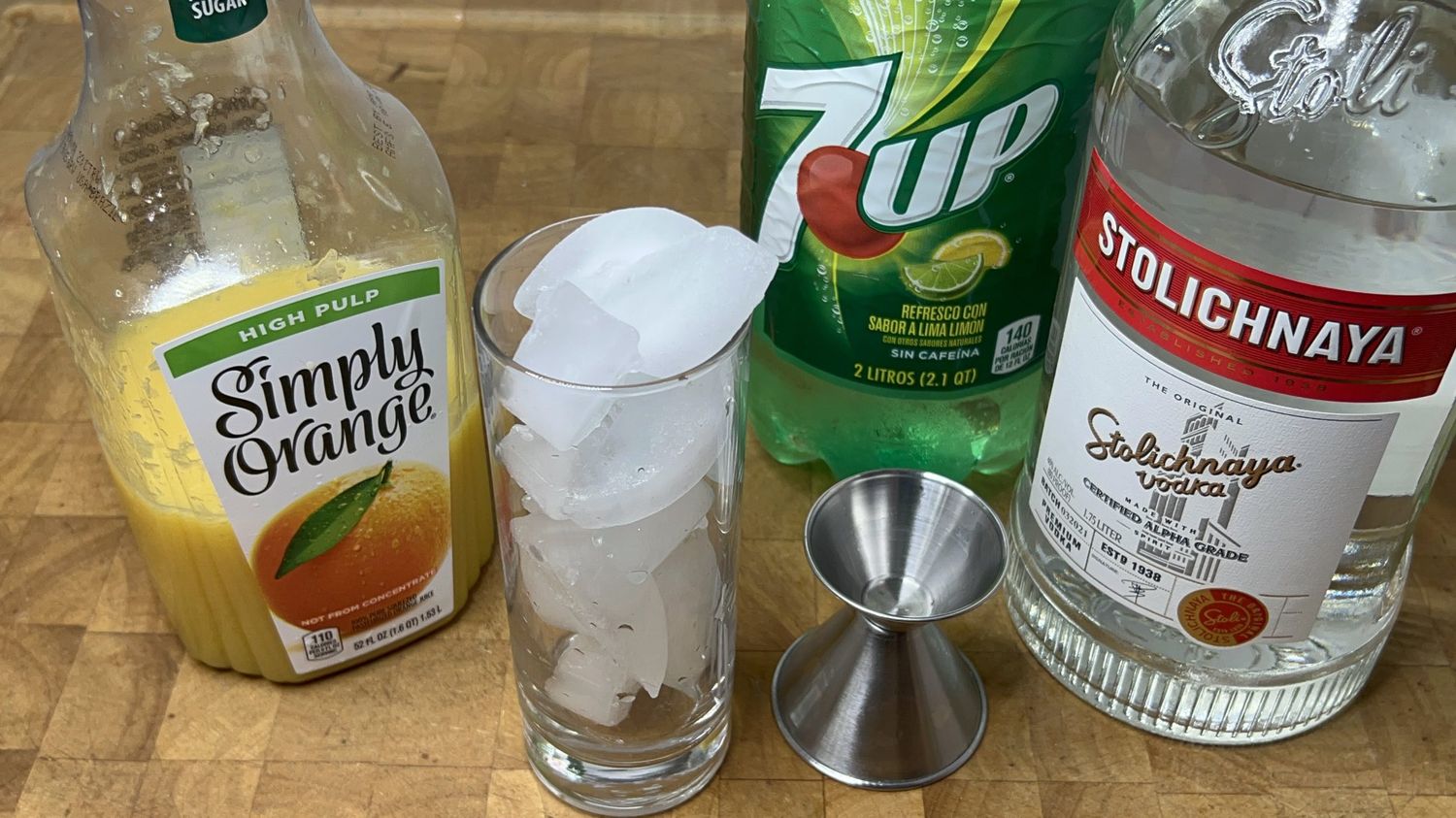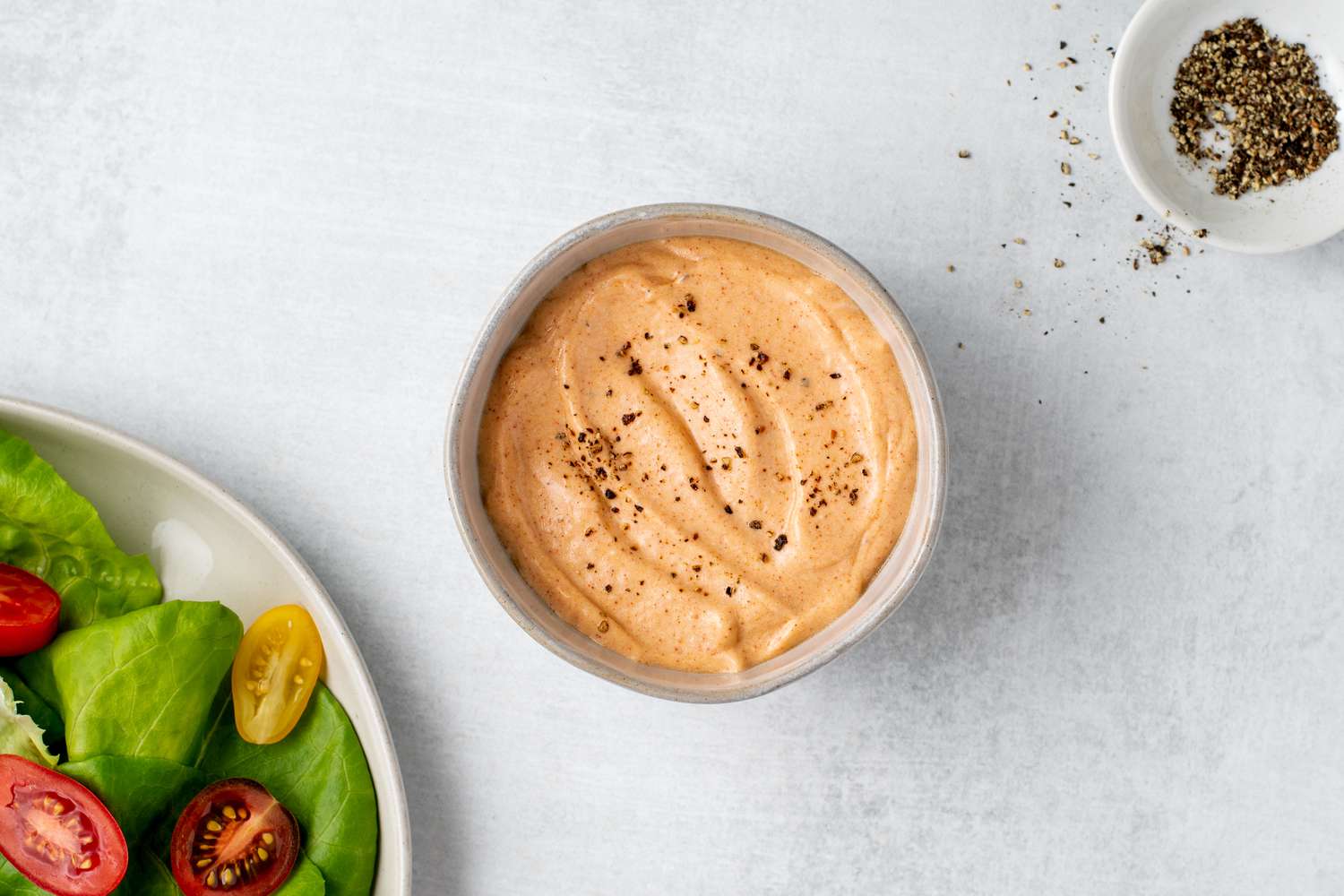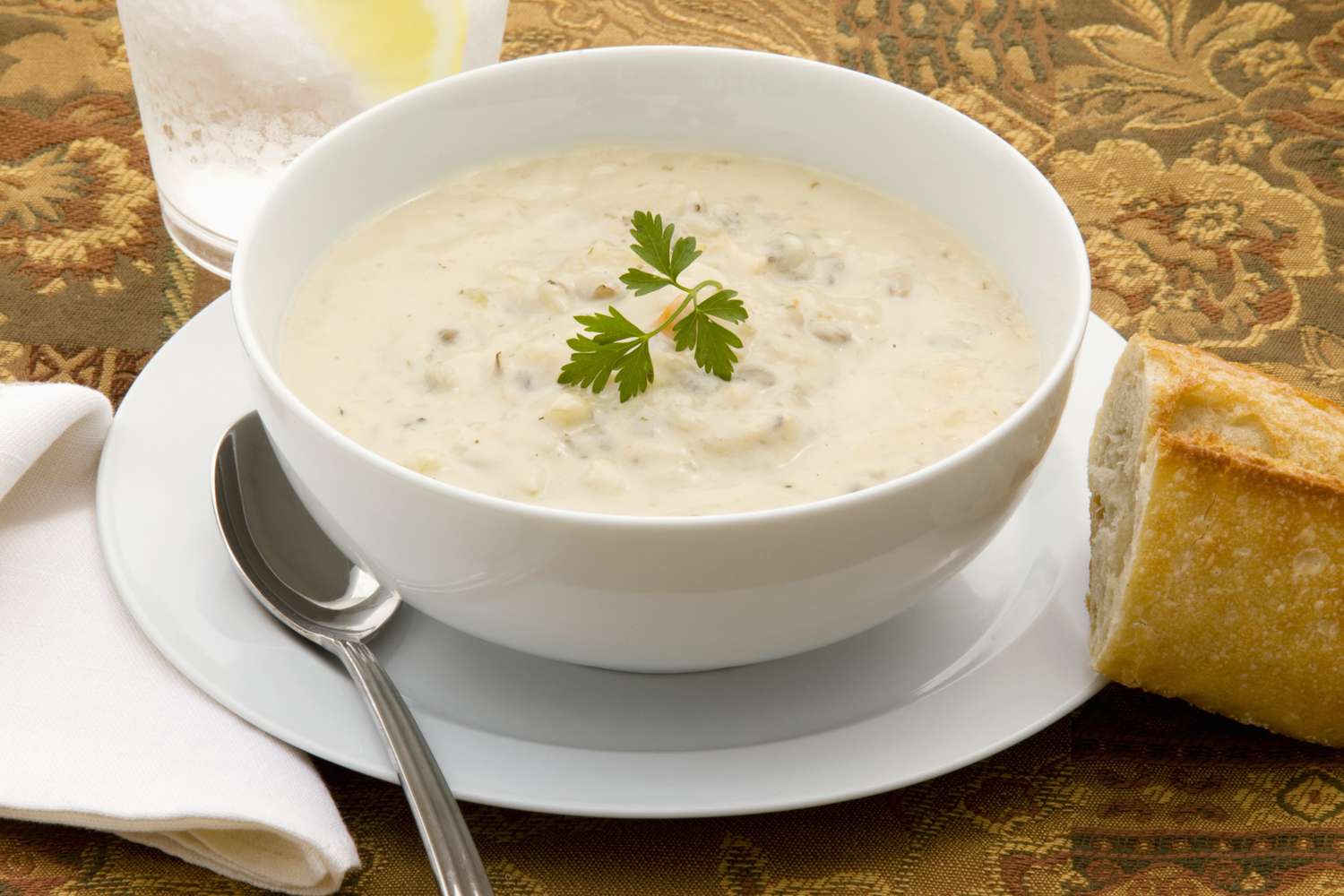The Battle of the Greens: Frozen Spinach vs. Fresh
When it comes to adding a healthy dose of greens to your diet, spinach is a popular choice. Packed with essential nutrients and versatile in its use, spinach is a staple in many households. However, when it comes to choosing between frozen and fresh spinach, there are some key differences to consider. Let’s take a closer look at the battle of the greens: frozen spinach vs. fresh.
1. Nutritional Value
One of the most significant differences between frozen and fresh spinach is the nutritional value. Fresh spinach is known for its high levels of vitamins and minerals, including vitamin C, vitamin K, and iron. On the other hand, frozen spinach may lose some of its nutritional value during the freezing process. However, frozen spinach is still a good source of essential nutrients, making it a convenient option for adding greens to your meals.
2. Convenience
When it comes to convenience, frozen spinach takes the lead. It is readily available in the freezer section of most grocery stores and requires minimal preparation. On the other hand, fresh spinach may require washing, de-stemming, and chopping before it can be used in recipes. For those looking for a quick and easy way to incorporate spinach into their meals, frozen spinach is a convenient option.
3. Flavor and Texture
Fresh spinach is often praised for its vibrant color, crisp texture, and delicate flavor. When cooked, fresh spinach retains its texture and flavor, making it a popular choice for salads and sautés. On the other hand, frozen spinach may have a slightly softer texture and a milder flavor after being thawed and cooked. While the flavor and texture of frozen spinach may differ from fresh spinach, it can still be a delicious addition to various dishes.
4. Shelf Life
Shelf life is another important factor to consider when comparing frozen and fresh spinach. Fresh spinach has a limited shelf life and may spoil relatively quickly if not used promptly. On the other hand, frozen spinach can be stored in the freezer for an extended period, allowing you to have a supply of spinach on hand whenever you need it. This longer shelf life makes frozen spinach a convenient option for those who may not use spinach frequently.
5. Cost
Cost is often a consideration when making food choices. Frozen spinach is often more budget-friendly than fresh spinach, making it an economical option for those looking to add greens to their meals without breaking the bank. Additionally, since frozen spinach has a longer shelf life, there is less risk of waste, further adding to its cost-effectiveness.
Conclusion
When it comes to choosing between frozen spinach and fresh spinach, both options have their own set of advantages. Fresh spinach boasts vibrant flavor and texture, while frozen spinach offers convenience and a longer shelf life. Ultimately, the choice between the two may depend on individual preferences, dietary needs, and the specific recipes in which the spinach will be used. Whether you opt for the convenience of frozen spinach or the freshness of fresh spinach, incorporating this nutrient-packed green into your diet is a healthy choice.
So, whether you’re whipping up a batch of creamy spinach dip or adding a handful of greens to your morning smoothie, both frozen and fresh spinach have their place in the kitchen. The battle of the greens continues, but the real winner is anyone who gets to enjoy the nutritional benefits of this leafy powerhouse.
Was this page helpful?
Read Next: What Is A Cronut











